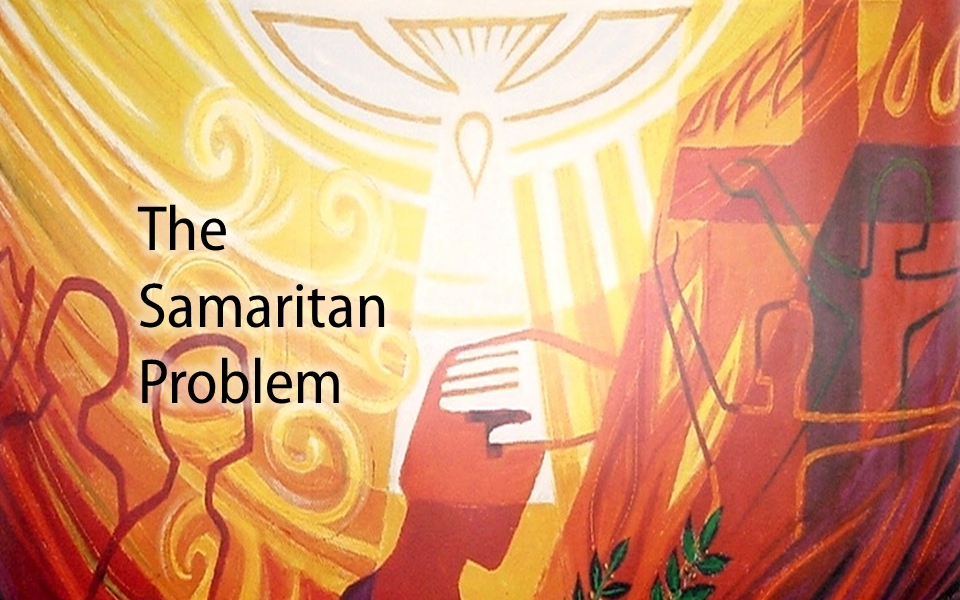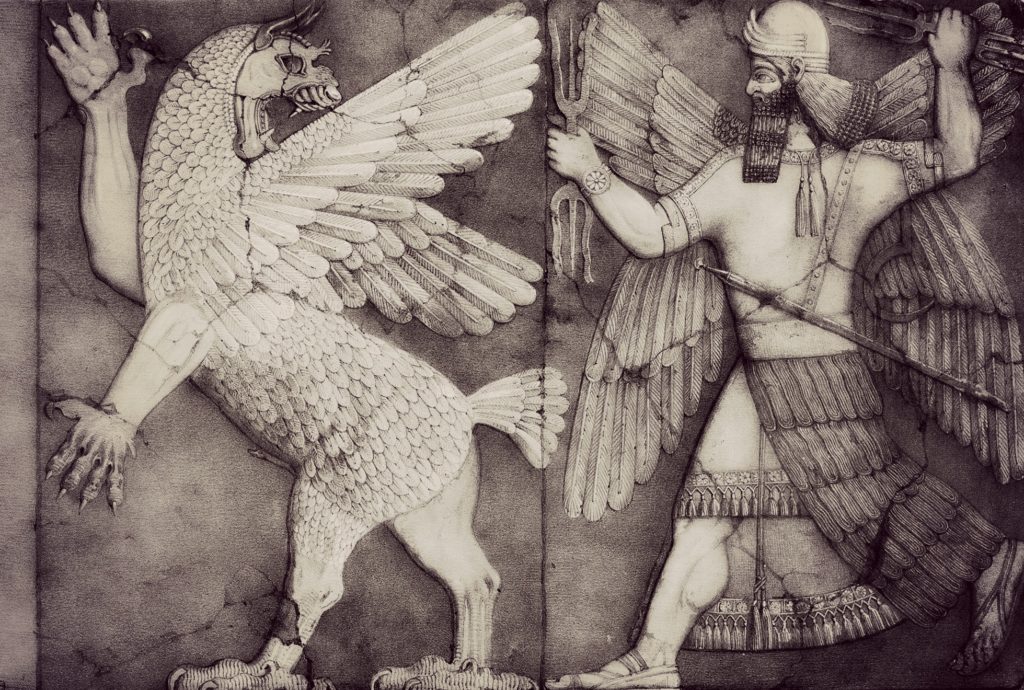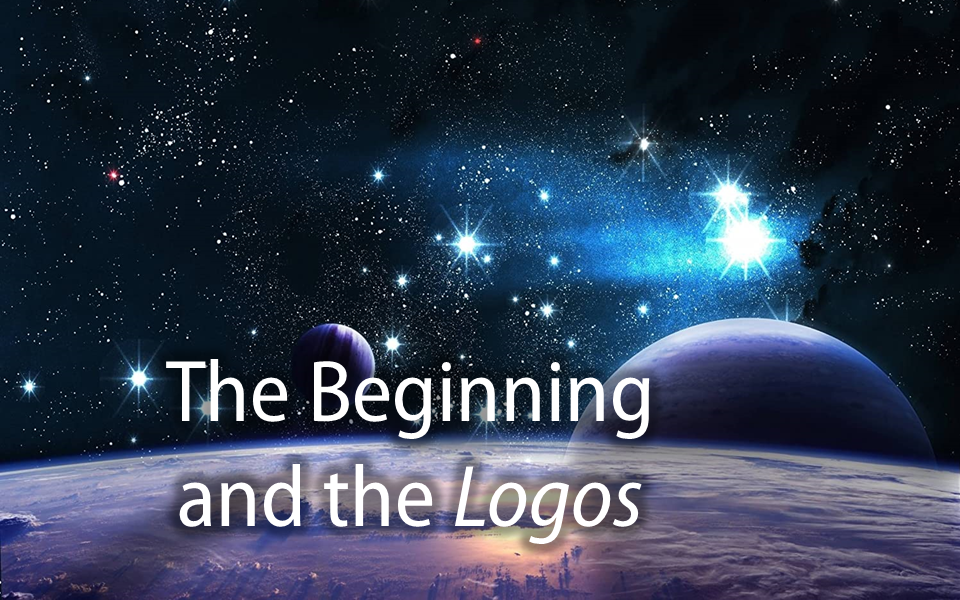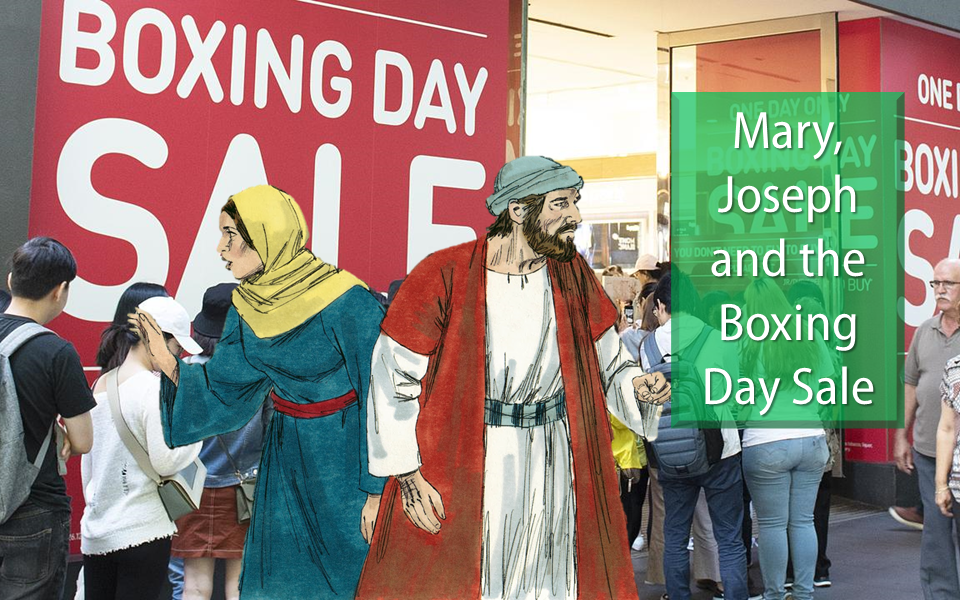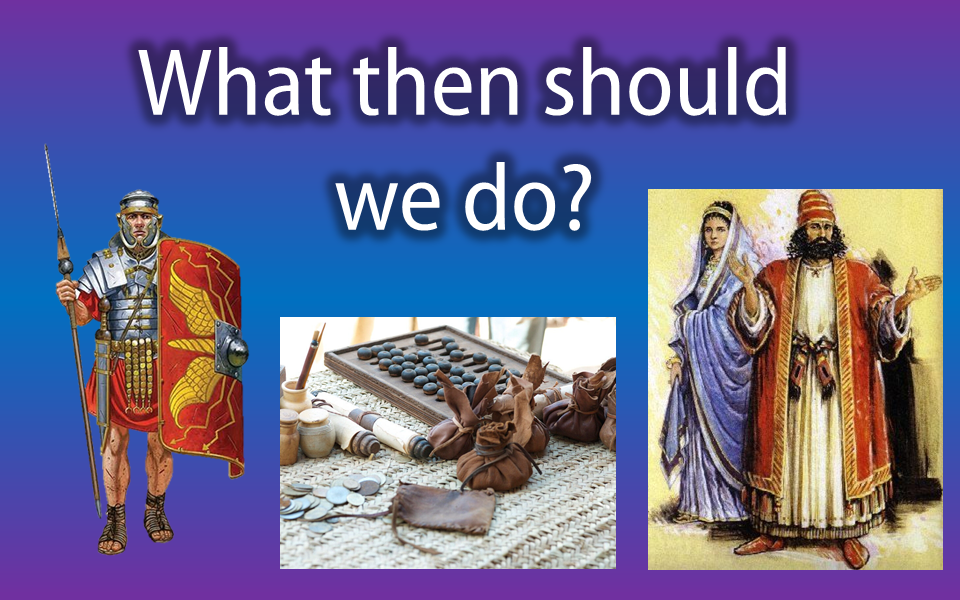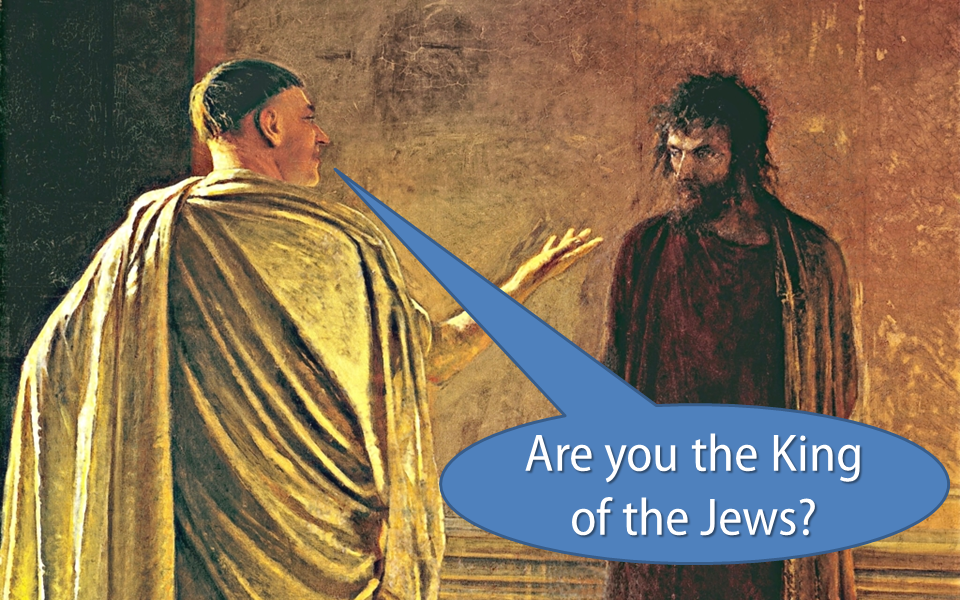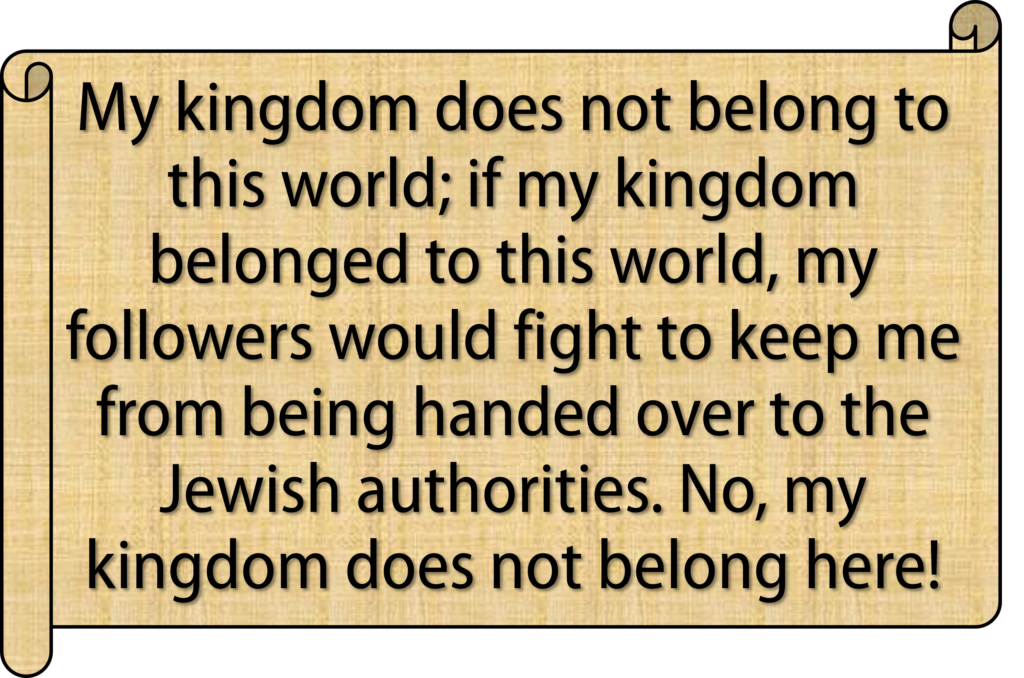Watch the sermon here:
Hespeler, 16 January 2022 © Scott McAndless
Malachi 3:1-5, Psalm 36:5-10, James 5:1-6, John 2:1-11
The servants had known for some time that this wedding was going to be a disaster. They knew better than anybody how much wine your average Galilean crowd could consume at a wedding feast. And they knew that the people who planned this affair had simply not bought enough. And they wanted the wedding to be a success just as much as anybody else. So, they had gone to the chief steward and explained the whole problem to him.
A Condescending Steward
But he just patted their hands and said, “Oh, you poor ignorant servants wouldn’t understand all the intricacies of planning a wedding. Just leave all the planning to professional stewards like me. Don’t you worry, I have it all in hand and I’m certainly not going to let anything go wrong at this wedding. If you all just work hard and do what you’re told and don’t bother me with any details like where the wine is going to come from, I am sure everything will be fine.”
But still, they couldn’t help but worry. They knew very well who would get blamed and yelled at and maybe even struck when the wine did inevitably run out. So, a couple of the servants, in desperation, even went to the bridegroom to raise the issue with him. But he just told them that, if they had any issues, they should raise them with the chief steward and not trouble him with little things like this.
When the bridegroom and the chief steward met up to discuss it a bit later, you can bet that they griped and complained to each other about how hard it is to get good and competent help. “You know,” the steward intoned, “these unskilled labourers just seem to think that they know everything when they really just should be deferring to the smart people like us. They’re really lucky that we even give them work to do and actually feed them.”
The Servants do their Best
When the party finally started, the servants worked so hard to make it a success in whatever ways were in their power. They made sure that the guests were as contented as they could be without necessarily constantly filling up their wine cups. They tried to distract them with sweet figs and dates. They directed their attention towards the various entertainments that had been arranged. And, yes, they watered down the wine as much as they dared. They did this not only to stretch it out as far as possible, but also in order to be sure that no one was too drunk when the inevitable eventually happened and people learned that there was no more wine. These were the kinds of tricks that servants had been using for generations just to survive a somewhat cruel way of life.
Then the moment came. One of them would have to go and tell the steward there was no more wine. They knew from long experience what would ensue – how the steward would blame the servants for stealing the wine or perhaps drinking it behind his back. He would demand to know why no one had warned him about this problem. What’s more, he would be sure to ask the question loudly and in front of all the guests so that they would know exactly who to blame for this debacle.
A New Plan
But just as the servant was steeling himself to go, one of the others tapped him on the shoulder and pointed to a woman on the other side of the room.

“I know her,” she said, “she comes from the next town over – a little place called Nazareth. She is known as a kind person. I think she must be related to the bride in some way, because she’s not really the kind of prestigious guest who would normally be invited to an affair like this. I think she was married to a carpenter or a builder or something and that he died a few years ago. But maybe, as a lowly carpenter’s wife, she might have a little more understanding for our situation. Let me go talk to her and see if she has any ideas.”
Many have heard the next part of the story – how the servant went to the woman to explain the problem and she called over her son. The son seemed to be a little bit annoyed with his mother then, perhaps displeased because she was pushing him to act before his time. But, after that hesitation, he seemed to be all in. He pulled the servants into a little conspiratorial huddle and explained what they were going to do.
A Little Respect Shown
The servants were honestly kind of thrilled at the way that the man spoke to them. He seemed to understand better than anyone else they’d met all day how hard they had been working and how they felt as if the success or failure of this whole affair was squarely upon their shoulders, despite how little support they’d been given. Most of all, he acknowledged that they knew what was needed better than anyone else. But they were still kind of shocked (though in an amused way) at the plan he came up with.
He directed them towards the six huge stone water jars that had been left in the servants’ kitchen and told them to fill them with water. They were certainly puzzled by this. These jars were generally used by the big important guests who liked to make a show of observing the rites of purification. Imagine their amusement therefore when he told them to fill the wine bottles from them and take them to the chief steward to taste.
And you can bet that they laughed and laughed as they peeked around the door and watched the look on that man’s face as some of the best wine that had ever tasted hit his educated palate and he had no clue where it had all come from. But they knew!
Andy’s Assignment

Today’s sermon is different. It is the result of what happened when I put the right to order a sermon on a specific topic into the auction last fall. The winning bid was made by Andy Cann and so he told me what I needed to preach about today. And Andy seems to have a special gift for putting his finger on some of the hottest topics of the day. Andy told me to write a sermon based on a picture of a help wanted sign. He thought that I should preach about what is perhaps the most visible symbol of the employment crisis we are dealing with at this very moment in our society.
The Great Resignation
You have probably heard the alarming reports. Many employers in many sectors are having a very hard time getting workers. The fast-food industry seems to be particularly hard hit and many establishments are running short shifts for shortened hours. Employers are complaining that nobody wants to work anymore.
At the same time, we seem to have a huge groundswell of workers who are beginning to express how tired they are of working full-time and yet are not being able to afford to live in the cities where they work. They are complaining about mistreatment by management, and many seem to be deciding but they’re just not going to put up with it anymore.
So, we are living through what is being called the Great Resignation which may be a good thing for some workers who are leaving for better jobs and better-balanced lives, but at the same time it seems like it might lead to a general collapse of industries that rely on low wage workers. And, yes, there is certain threat of inflation bound up in all of that.
And, in many ways all of that is perfectly symbolized in our days by the help wanted sign. So, thank you, Andy, for giving me an opportunity to preach about one of the hottest and most controversial social topics of our time. I’m sure it’ll all go fine, and I won’t get into any trouble.
Is there a Biblical Perspective?
So, I guess the question is, what does the Bible say about these thorny employment issues of our time. Now, I know what some people would say about the Bible’s position on these things. There are lots of people who just take it for granted that the Bible comes down hard on the side of extreme unbridled capitalism. You may be able to find a few specific verses that, when you pull them out of context, seem to imply that, but I do believe that the overall concern of the Bible points to another perspective.
What the Wedding Story Suggests
That is why I wanted to try and retell for you the story of the wedding in Cana from the point of view of the servants. The odd thing about that story in the Gospel of John is that you are actually able to read it from the point of view of the servers.
The gospel writer specifically underlines that perspective at one point when he says, “But, of course, the servants who had drawn out the water knew.” He goes out of his way to highlight the fact that they, and they alone, were the ones who were in on what it was that Jesus was doing. And once you realize that the gospel writer is interested in their perspective, you see that they are actually the key to the whole story. They must have been the ones who went to Jesus’ mother in the first place because she sent Jesus to them. They are the ones who are ultimately behind the divine solution to everything that went wrong at that wedding feast.
The Bible’s Concern for Workers
But this is not a perspective that you find only in this gospel story. Again and again, as you go through the Bible, you see a very real concern for the welfare and care of the people who actually do the work that keeps the economy and the society going because they matter. There is a Biblical concern that they be paid fair wages. The prophet Malachi, for example, says this about God’s concern: “I will be swift to bear witness against… those who oppress the hired workers in their wage.”
The message that is consistently presented in the Bible is that, if you mistreat workers and if they cannot afford to live on what you pay them, there will be dire consequences and judgment. I would argue that this is exactly the kind of thing we are seeing happen in our society with various sectors of the economy actually teetering on the brink of collapse because there are not enough people doing the work.
We Need to be Concerned
This is particularly ominous, of course, in the healthcare sector where the front-line workers, who we called heroes not so long ago, have been struggling to maintain staffing levels because of years of poor treatment, underpayment and lack of support for the people who do that work. That is actually pretty good representation of what the Bible would call judgment for poor treatment. And we are all dealing with those consequences right now. So, yes, the Bible does care about the workers and how they are treated, and we would do well to pay attention to that concern.
At the same time, some might ask, what about the needs of the job creators and those whose investments also make society and the economy go. It is true that these people also have a role. I do not think that the Bible misses the value that such people bring to society. And yet, at the same time, when these people become so enamored with their wealth that they forget the needs of the people, the Bible certainly doesn’t hesitate to criticize them.
Criticizing the Wealthy
I often think of a passage from the Letter of James these days. I honestly feel that if I were to post these words and direct them at people like Elon Musk or Jeff Bezos on Twitter, I would find myself the target of their abuse and might even end up being banned from Twitter altogether.
But this is what is what James writes: “Come now, you rich people, weep and wail for the miseries that are coming to you. Your riches have rotted, and your clothes are moth-eaten. Your gold and silver have rusted, and their rust will be evidence against you, and it will eat your flesh like fire. You have laid up treasure for the last days. Listen! The wages of the labourers who mowed your fields, which you kept back by fraud, cry out, and the cries of the harvesters have reached the ears of the Lord of hosts. You have lived on the earth in luxury and in pleasure; you have fattened your hearts on a day of slaughter.”
Finding a Better Balance
Now, again I do not feel as if the point of that passage is to abuse the rich or to suggest that they have nothing to bring to our society. Of course they do. But it certainly is saying that when things get severely out of balance, when we get ourselves in a situation where, as a result of a major crisis such as a pandemic, the richest people in the world somehow managed to see their wealth grow at an enormous pace while the people who are actually working on the front lines of the crisis see themselves falling further and further behind, that is something that needs to be called out. That is what I see James doing.
There is a crisis in employment today. Balances are shifting and I do hope and pray that, even if there is a difficult time of adjustment, this will lead us all to a place in society where we can find a better balance between taking care of the investors and owners and giving real respect for those who do the work.
I believe Jesus had that respect and he showed it at that wedding in Cana. I do hope and pray that we lead the way in showing that same kind of respect for all the workers that we meet. You probably have no idea how much good you can do just by being kind and appreciative and respectful to the workers that you encounter. They deserve it. We can be a part of the change that needs to happen.
Epilogue
The wedding party turned out to be very memorable indeed. The servants had been run off of their feet for the rest of the time, but there was such a spirit of fun and wonder that they didn’t really mind. They were glad to be part of it. There was so much wine to go around that everyone got as much as they desired and more. And it was so good (and so potent) that everyone was in the best of moods.
But the best part, as far as the servants were concerned, was that they were the only ones that knew where the wine was coming from. Only they could go back again and again to those massive
stone jars to continue to serve the people.
So, anyways, the people had a great time and the servants had fun too. But at the end of the night the servants gathered back into the kitchen and took stock of things. Now there had been six stone jars each one able to contain up to 120 litres or, if you prefer, 30 gallons. And they had filled them all to the brim.
Three Pots Left
The people at the party had certainly done their very best, but even they could not drain over 720 litres of the best quality wine. So, at the end of the night, the servants still had three full pots of the best wine anyone had ever tasted. The question was, what would they do with it? What would they do with this finest quality wine that only they knew where it was?
They debated telling the chief steward about it, for, like, ten whole seconds. Then they turned to a debate on how much they could get on the open market. After all, they said to one another, the steward did instruct them not to bother him with little details like where the wine came from.
